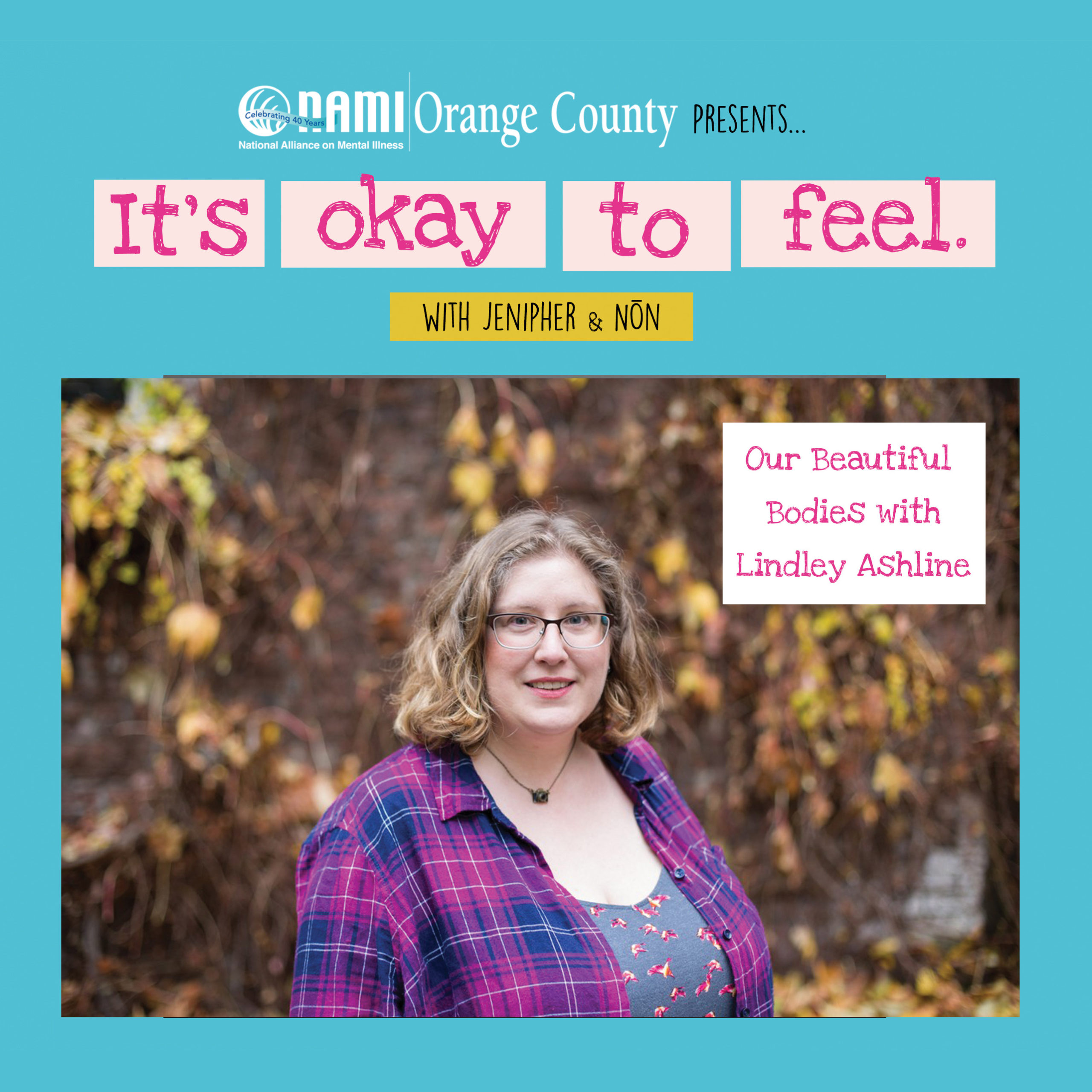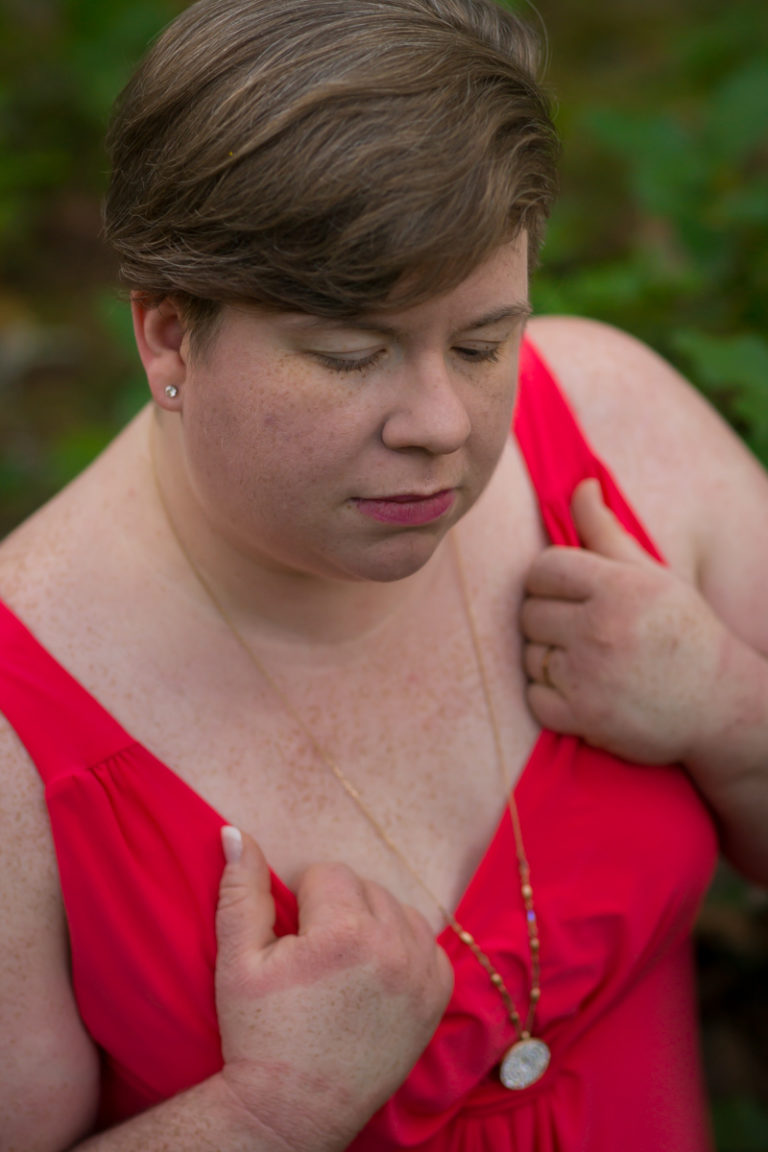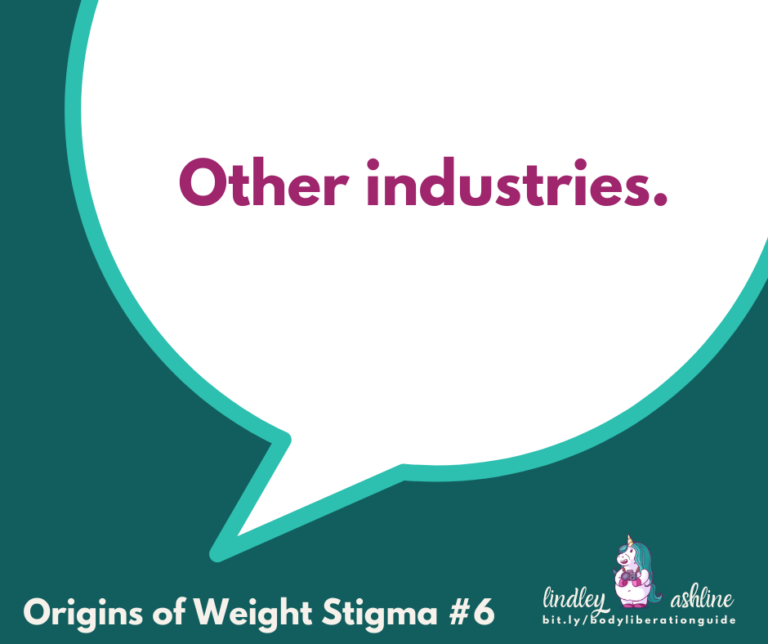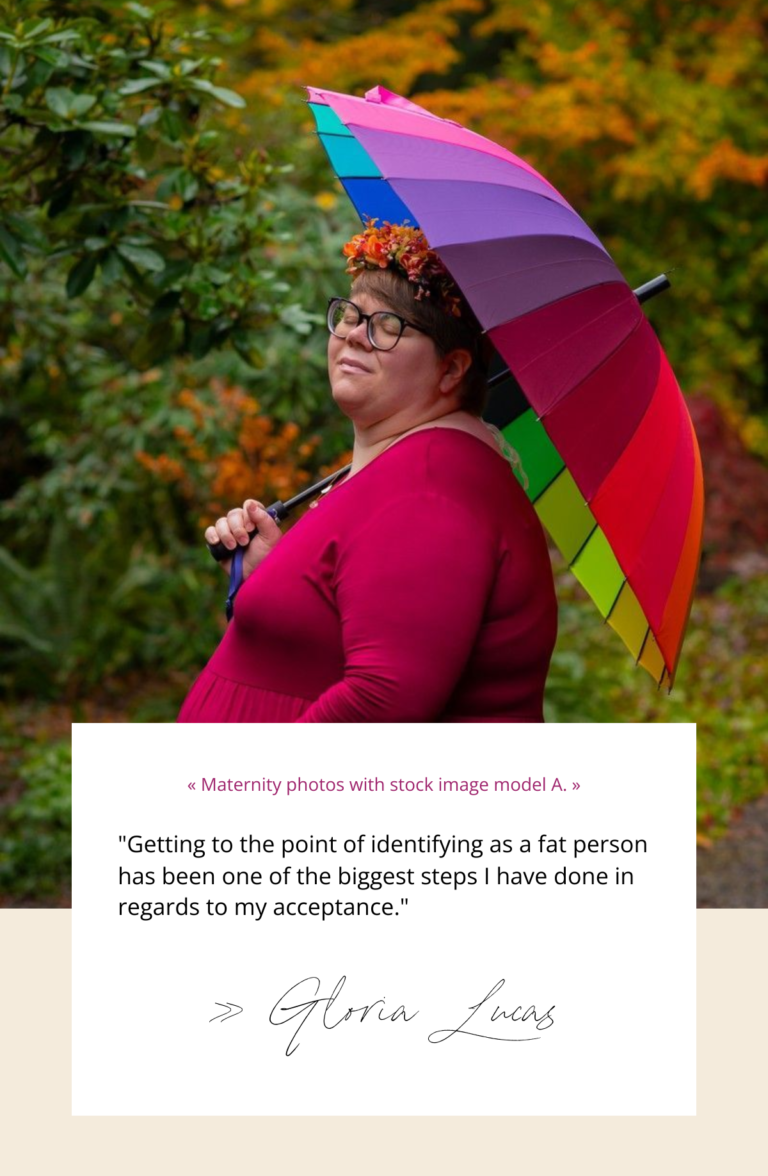Should you set boundaries on your Facebook posts?
“All relationships need boundaries. A boundary is an imaginary line that separates me from you. They separate your physical space, your feelings, needs, and responsibilities from others. Your boundaries also tell other people how they can treat you – what’s acceptable and what isn’t.”
– Sharon Martin
I didn’t learn to start setting boundaries until adulthood, and let me tell you, it was a revelation. I wasn’t required to accept every behavior that any other human wanted to inflict on me? I was allowed to say no? I was allowed to protect myself? Amazing!
I started out small. Movies and movie theatres stress me out — they’re too loud, too dramatic and too overwhelming — so I stopped going. When friends and family want me to go with them, I suggest other ways we can spend time together instead.
Direct boundaries around behavior were, and still are, more challenging. I could have sat down with the office body shamer when I worked with her a few years ago and let her know that her behavior and words around my body weren’t okay and that I would no longer accept them. But knowing I would only be working with her for a few months, it was easier to simply change the subject every time it came up.
Boundaries and Communities
In-person, one-to-one relationships aren’t the only place I found opportunities to explore boundaries, though. It occurred to me a while back that community management and internet relationships are very much intertwined with boundaries. My social media presences all have a set of boundaries I’ve enforced for years now.
Setting boundaries doesn’t mean that no one gets to disagree with a post, or that discussion isn’t allowed. It simply establishes what kind of energy is welcome and what isn’t.
When I remove comments and block trolls, I’m setting a boundary.
When I decline to engage in endless debate about my humanity and worth, I’m setting a boundary.
Our online spaces are extensions of our homes and our minds, particularly for marginalized and oppressed folks who find community and safety in them.
Not only do I deserve to be treated with respect and dignity online, I have a responsibility to the people in communities and spaces I build. My social media presences are not a democracy. I don’t owe anyone endless debate or the opportunity to try to catch me in gotchas. I’m also not generally a 101 educator, so I tend to direct people with 101 questions or debates to other people or resources.
(Many of my community and moderation philosophies are inspired by the Making Light community and John Scalzi‘s blog moderation. Firm, compassionate, holding boundaries.)
I wish very much that modern social platforms gave us more community moderation tools. I’m a particular fan of disemvowelment — removing all the vowels from problematic comments so that those who are really interested can puzzle their way through them, but the comments don’t intrude further on the conversation.
Boundaries and Personal Spaces
I consider my online business presences to be more like a public street or a shop window. (That also helps give me some necessary separation from the ugliness that often happens there.)
But my personal Facebook account is very much my living room. When I share my professional work there, I’m sharing it as I would with any friends who are interested in what I do. And I expect the same standards of behavior as I would from people in my physical living room.
This is also really where the difference between our physical living rooms and our virtual ones comes into play. If we’re in a conversation in our physical homes, we might get unhelpful comments from two or three or four people (and may need to set boundaries with them).
But in our virtual living rooms, we often have dozens and dozens of different people participating in the conversation, with varying levels of closeness and investment (and lots of different motivations).
That also means that comments or dynamics that might be a minor annoyance if we need to deal with them a few times can magnify into major harm when repeated twenty or fifty times.
If I mention being sad I can’t find a very specific item of clothing in a conversation at the office, and someone enthusiastically tells me to look at Target, I only need to tell one person that, sorry, I can’t shop at Target.
If I mention that same problem online and fifteen people tell me to look at Target:
- I now have to gently tell 15 people that I can’t shop at Target.
- I now get to feel the little sting of non-inclusive clothing 15 times.
- 15 people are likely to be annoyed that I’m not gratefully accepting their advice (magnified by my marginalization).
- If my wording isn’t careful enough, 15 people are now angry with me.
- I’ve just used all that time and all those spoons to placate 15 people and I still have the same problem, just with the added layer of other, less marginalized people having a simple solution they can access and I can’t.
And of course, one of the classic responses to this dilemma is, “Stop being so sensitive! People mean well. You need to stop overreacting. If advice doesn’t work for you, just thank the person and move on.”
And that will of course work for some people. But I prefer to set boundaries so that the discourse in my spaces doesn’t consist entirely of things I need to suck it up and get over. Setting boundaries is not only protection for me, but an invitation to be kind and thoughtful ourselves and an indicator that we can expect kindness and thoughtfulness from others in my space, too.
Boundaries and Permission
There’s no real social model for setting boundaries in our spaces online, so we get to figure it out as we go.
When I started setting boundaries on the comments sections of my Facebook posts, I had no idea how revolutionary that small act would become. At the time, I mostly just wanted people to stop recommending clothing I couldn’t remotely wear, because wading through dozens of well-meaning, yet self-centering suggestions and delicately handling each and every one is beyond exhausting, especially as a marginalized person whose actions and words are likely to be read in the least charitable manner possible.
Impact > intent.
So I started setting simple boundaries on a lot of my posts. Most of them involve requesting that comments be advice-free, since I’m perfectly capable of using a search engine and often just want to be heard, not fixed.
And over time, it’s meant that the space I hold is a more thoughtful, welcoming and friendly one, since it’s not a space that welcomes people dumping unhelpful advice and vanishing (or rubbing my nose in my vulnerability or my expressed needs).
The real world-changing aspect of setting boundaries is that I’ve given other people permission to do it, too. People who thought they had to put up with whatever crap behavior their friends and family wanted to bring to their spaces have felt empowered to set reasonable expectations for their own virtual living rooms, too. They’re not putting up with people strolling in to crap on the rug any more, and I’ve been cheering them along every step of the way.
That also means that as new people friend and follow me and run into my boundaries, some of them get mad and leave. But if we have a fundamental boundaries mismatch, that would be the eventual outcome anyway.
When People Ignore Online Boundaries
When people overstep or ignore boundaries, it can absolutely be a sign of a power play, but it can also just be a sign of a fundamental relationship mismatch in the way two people choose to deal with unwelcome input.
It can also be a really important learning opportunity for someone to run into someone else’s boundary and go “Oh, hey, maybe I should re-examine my behavior.”
(Or it becomes tone policing and needs to be ushered out of our spaces.)
Either way, you get to decide how you want to hold your boundaries, and the consequences people face for not respecting them. Captain Awkward has some great articles on setting and holding boundaries.
How to Respect Online Boundaries
Would you intentionally track mud into a friend’s house? Would you walk in with a nicely-tied bag of dog poo and leave it on an end table? The energy and words you bring into online spaces are just as important (and just as messy to clean up).
There’s a real rush of happiness and satisfaction that comes when we see (what we feel is) a solvable problem. We like our friends, and we want them to be happy, and we have a solution, so we want to share! And it’s really genuinely hard to form a practice of taking a step back and looking at what the person is actually writing.
Here are some ways you can be kinder online while also respecting boundaries. Before commenting, ask yourself:
- Is this person actually asking for help or advice, or do they just want to be heard?
- Is my help or advice actually relevant to them?
- Is my response about giving this person information in a way that is useful to them, or about getting that little rush of satisfaction because we helped?
- Does my response/advice demand some form of emotional labor or work that I could easily do myself beforehand (e.g., checking the size chart at Target)?
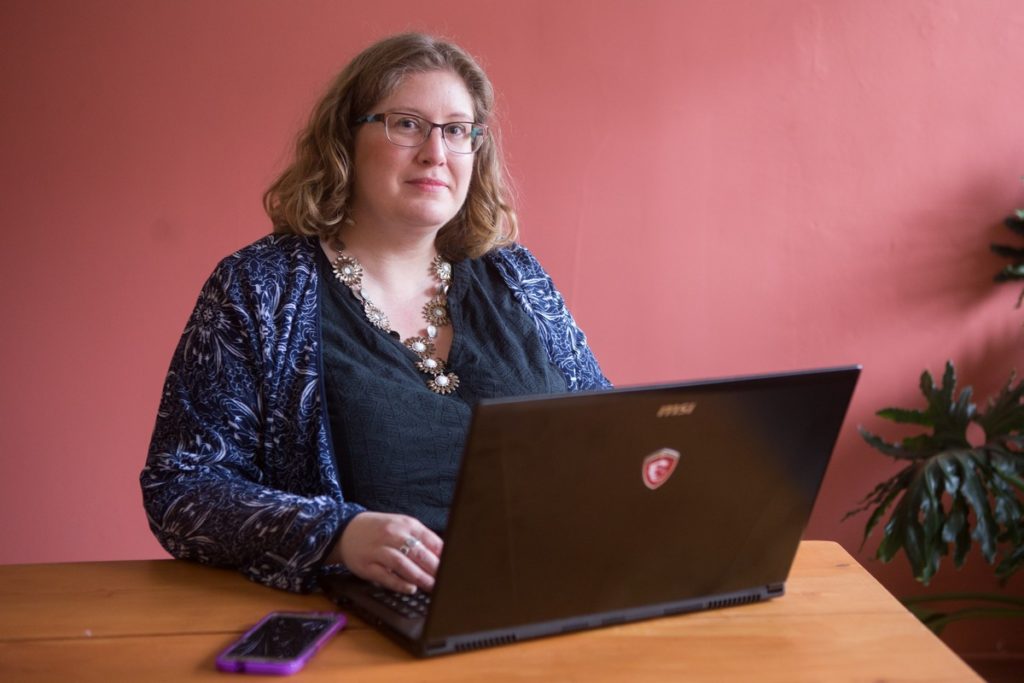
Let’s dig deep. Every Monday, I send out my Body Liberation Guide, a thoughtful email jam-packed with resources for changing the way you see your own body and the bodies you see around you. And it’s free. Let’s change the world together.
Hi there! I'm Lindley. I create artwork that celebrates the unique beauty of bodies that fall outside conventional "beauty" standards at Body Liberation Photography. I'm also the creator of Body Liberation Stock and the Body Love Shop, a curated central resource for body-friendly artwork and products. Find all my work here at bodyliberationphotos.com.



